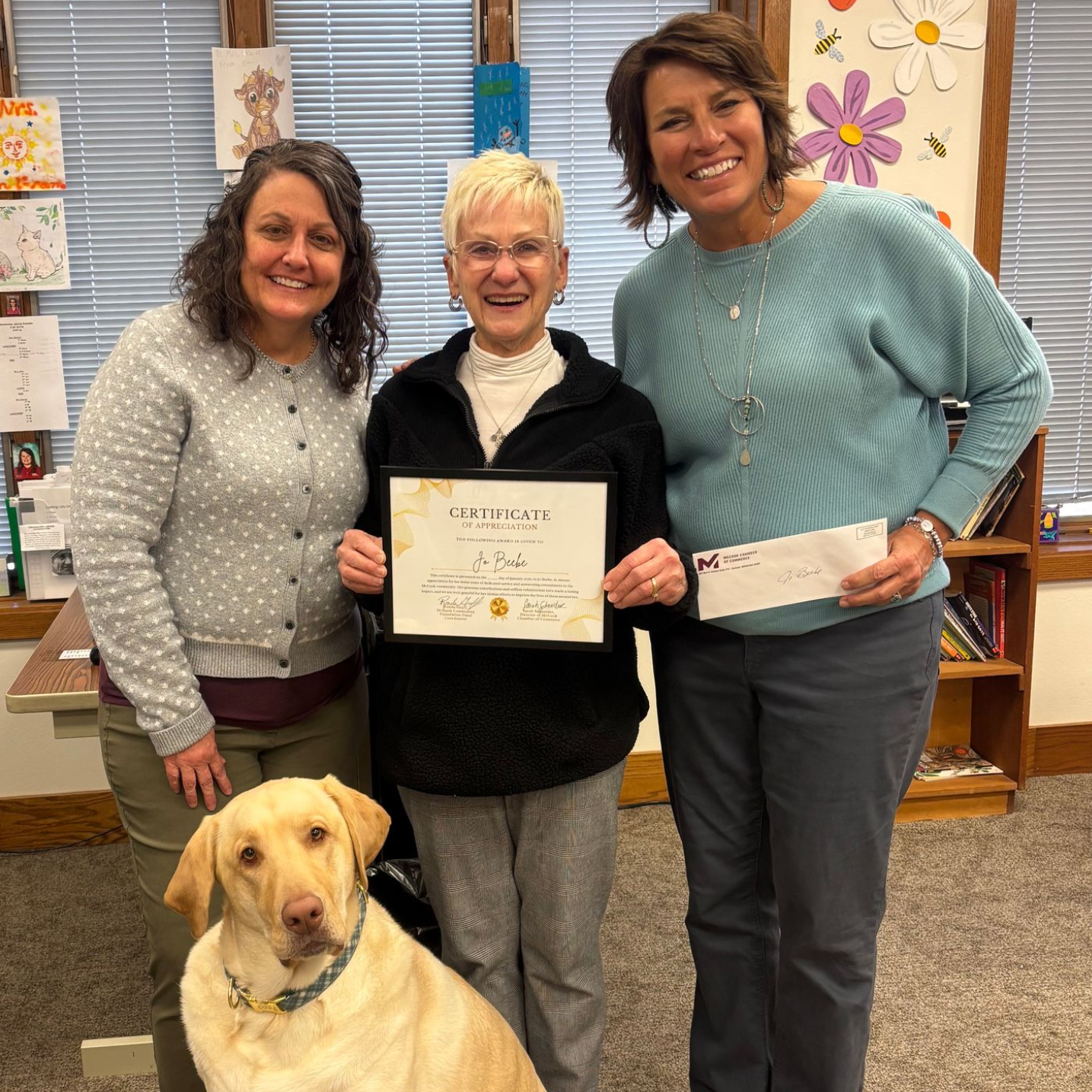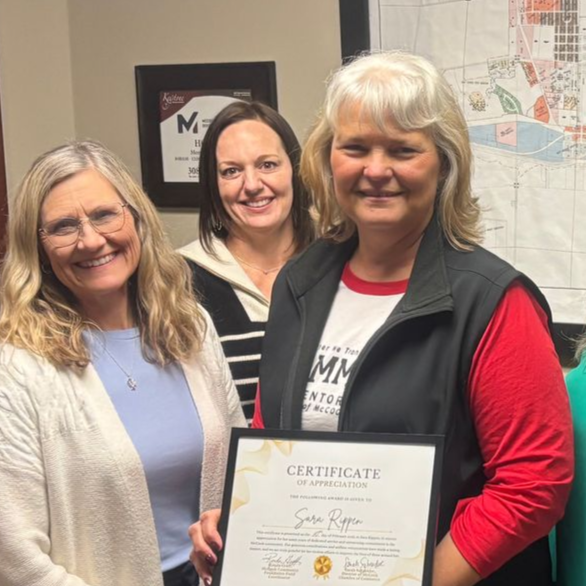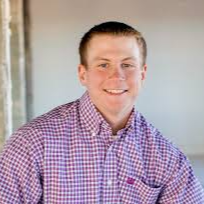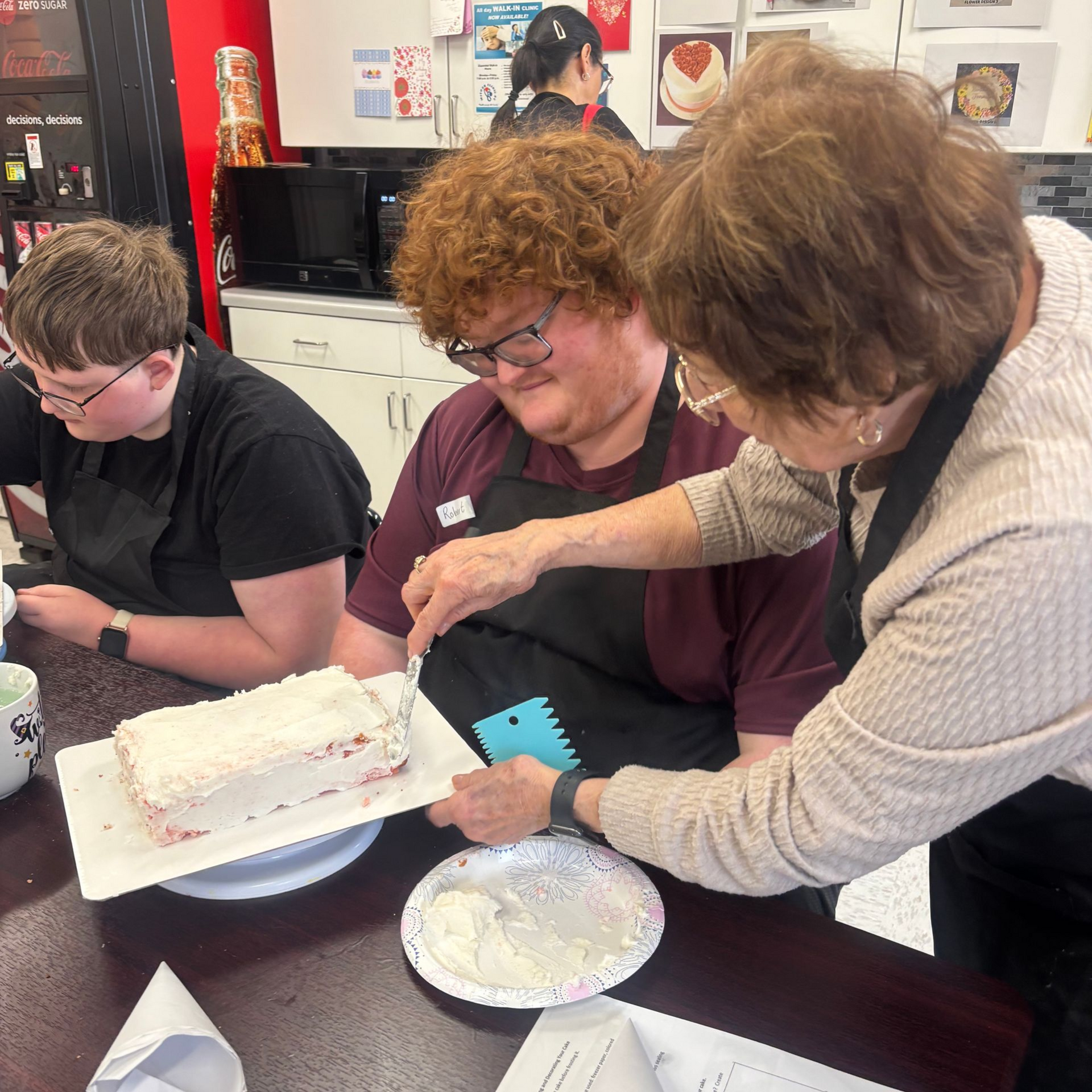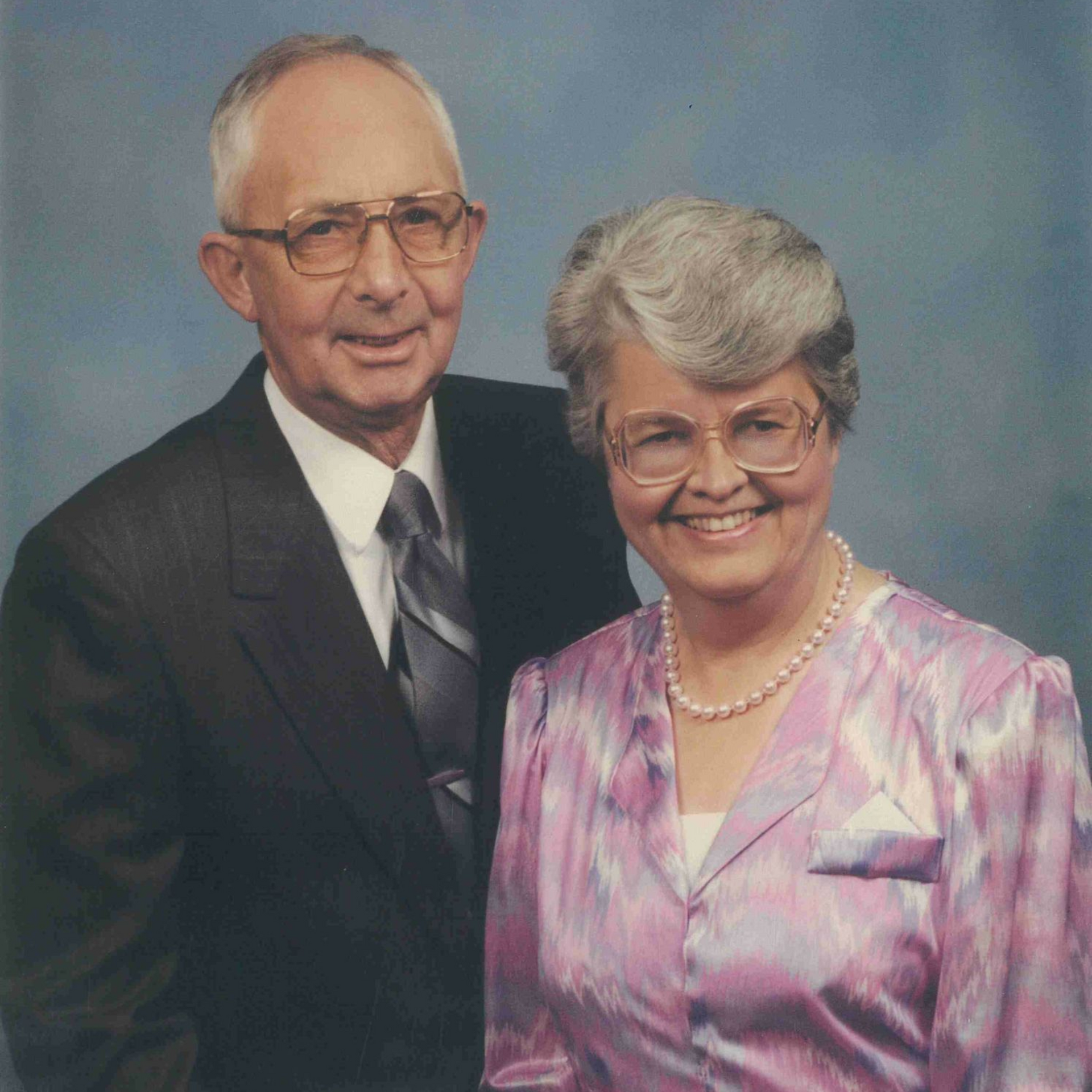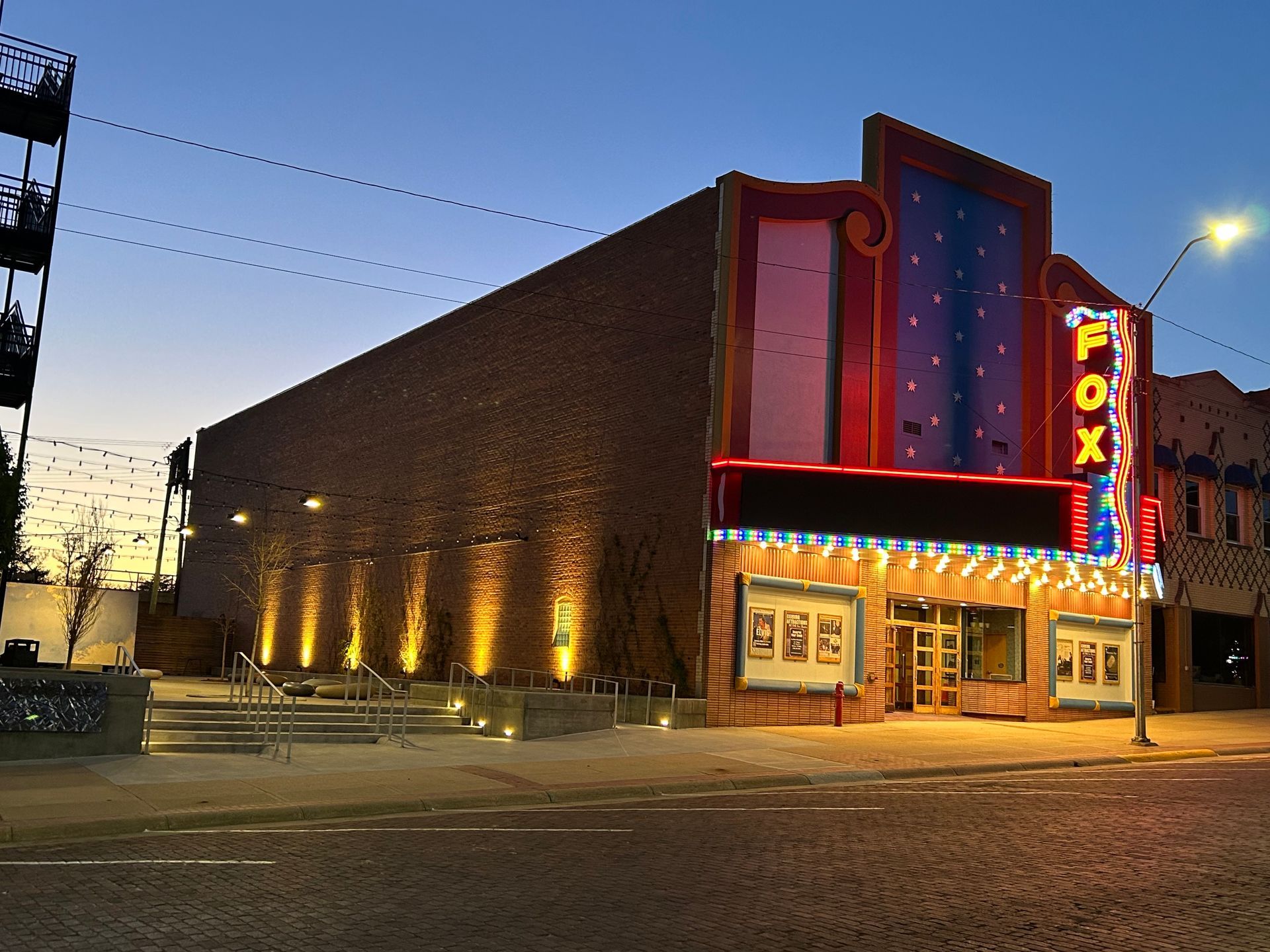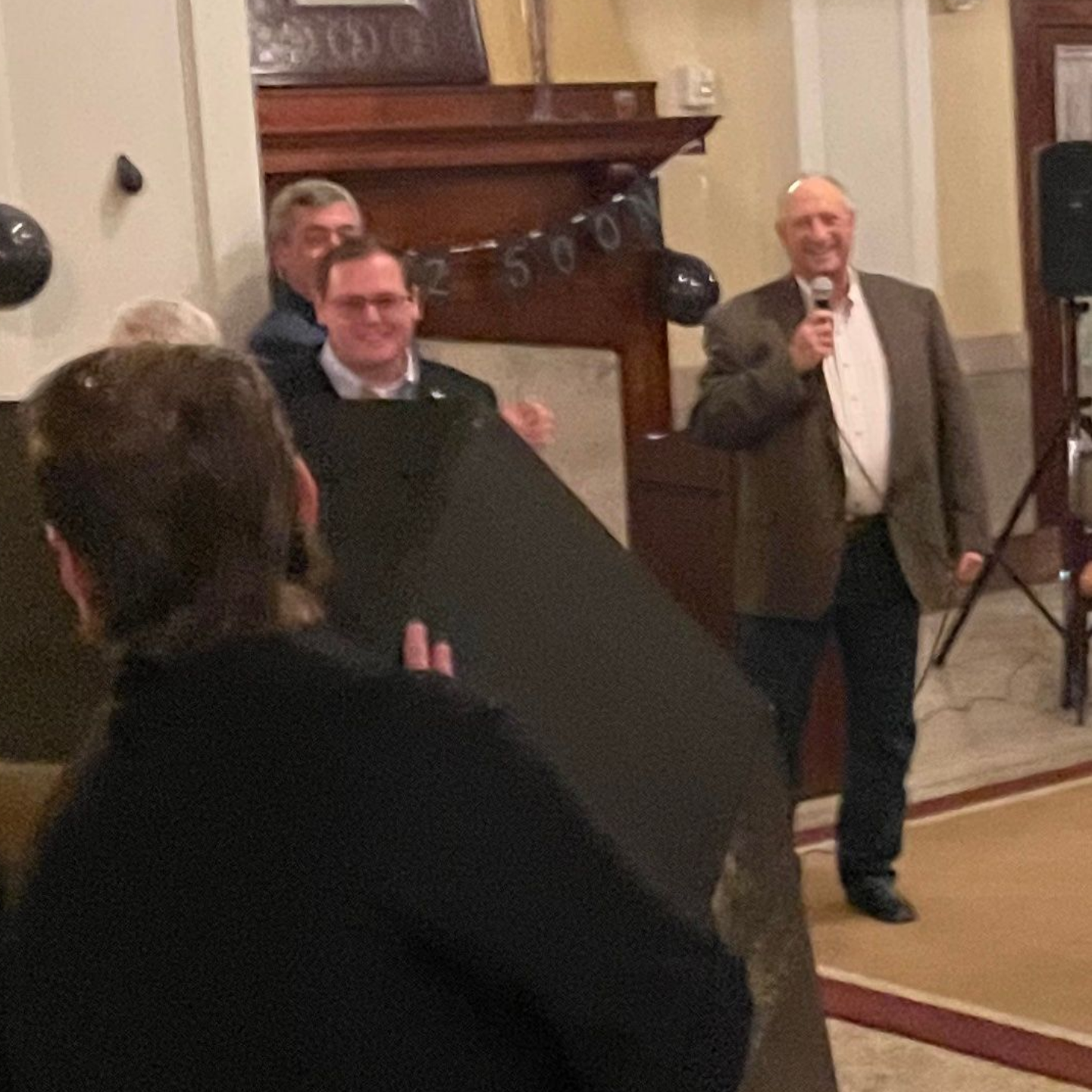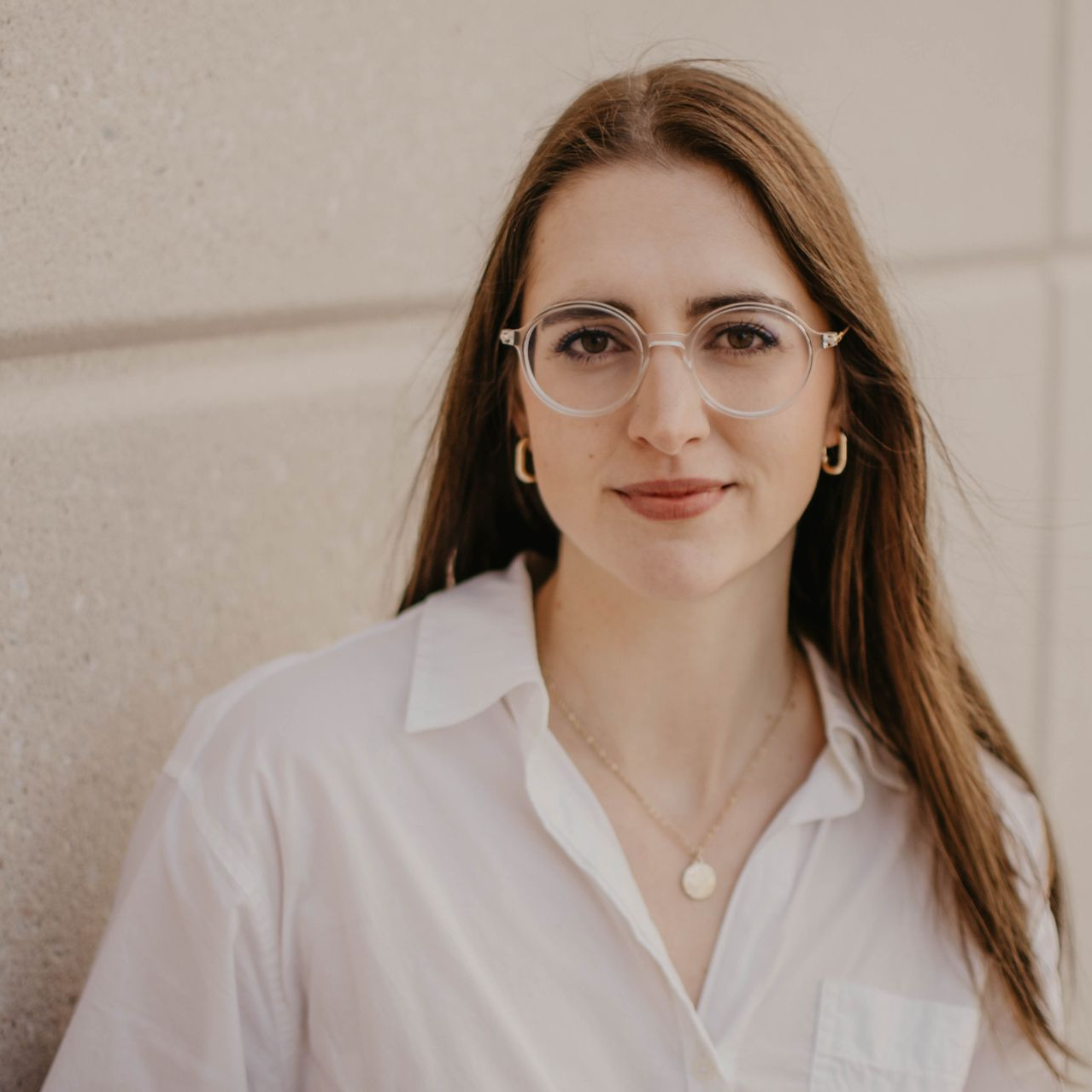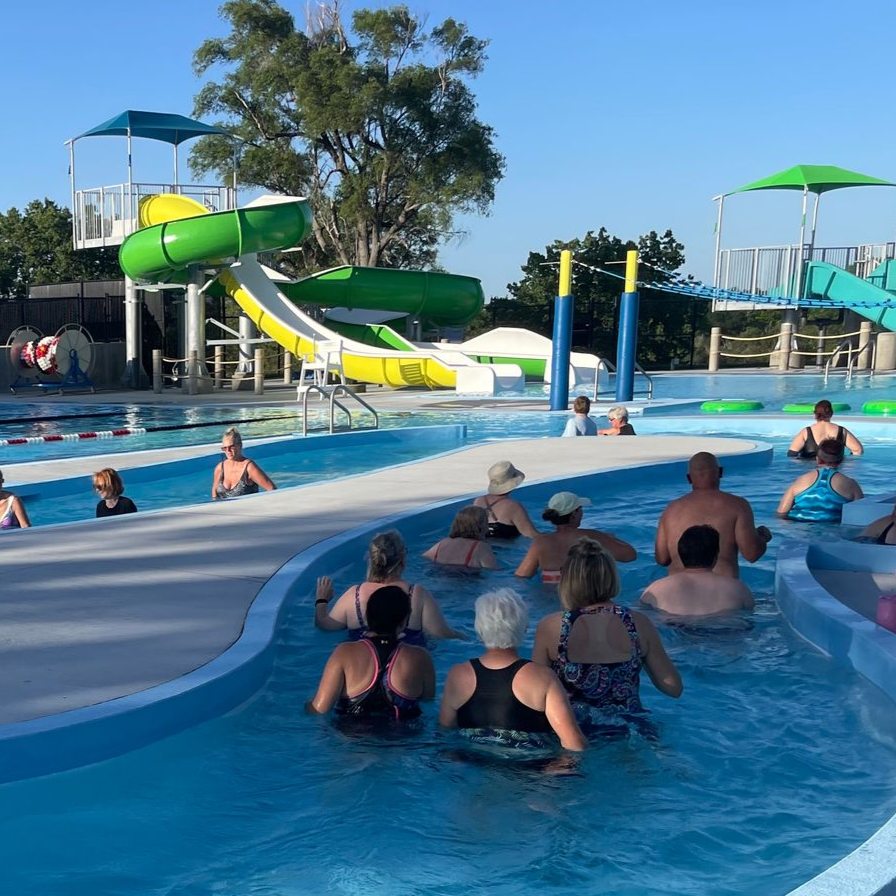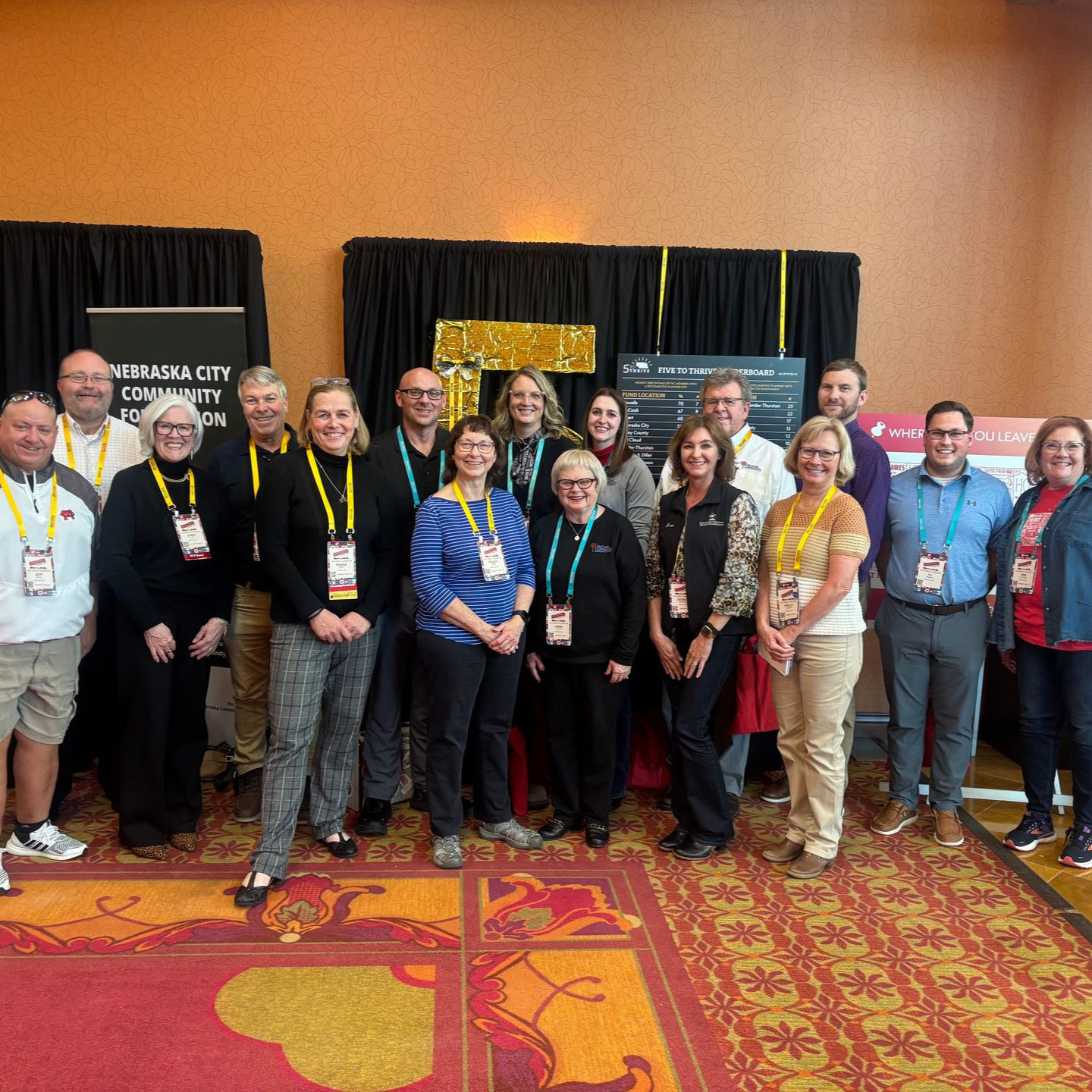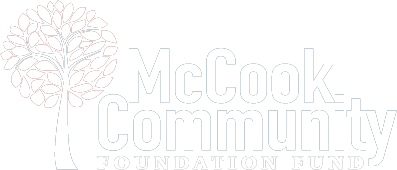Preparing to Leave a Legacy for your Community
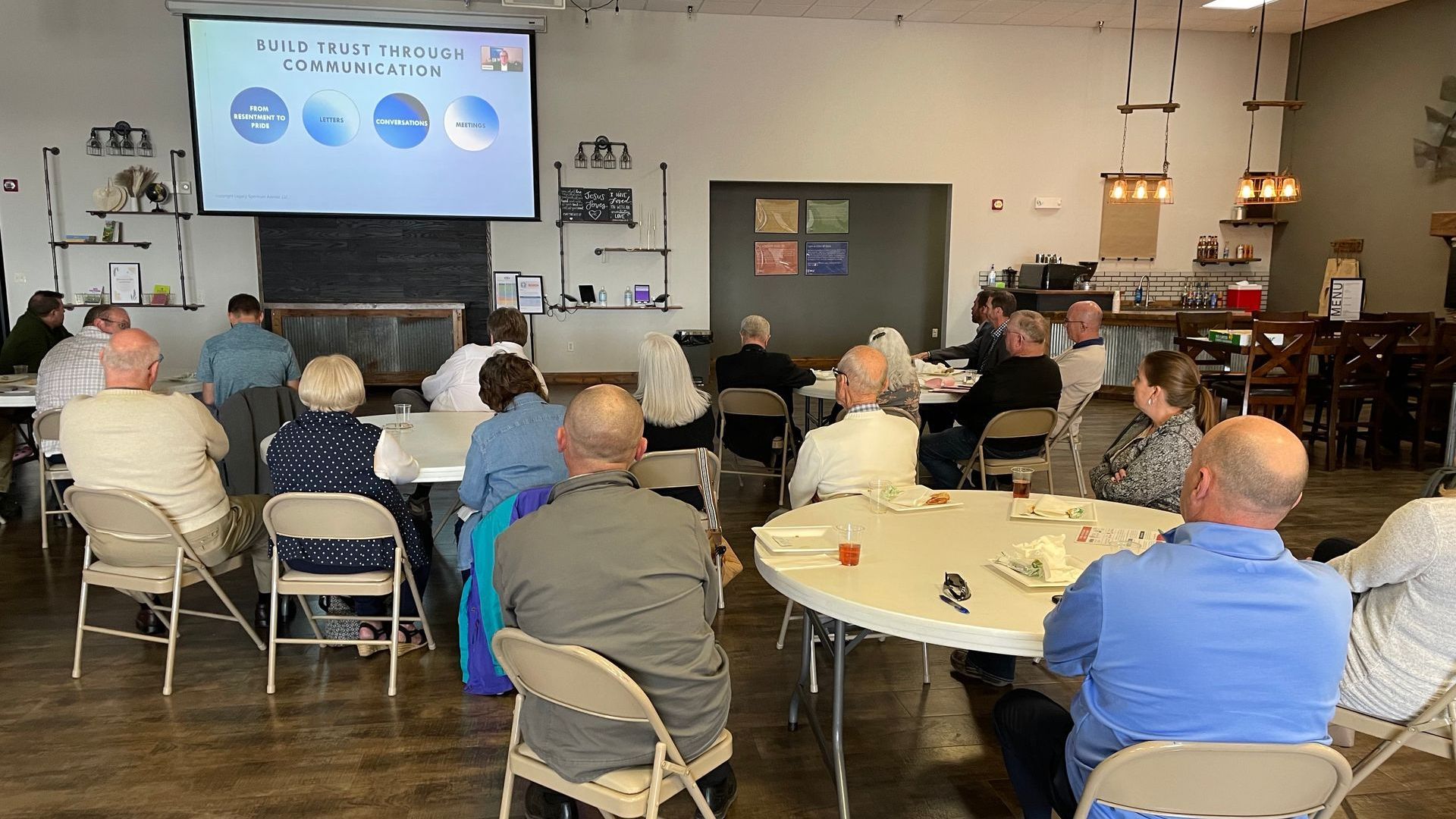
Last week, more than three dozen financial advisors and community members gathered together in McCook to learn more about how you can leave a legacy in your community.
Leaving a legacy can mean many things and can be done in a variety of ways.
For some, leaving a legacy means serving in public office, instituting laws and passing ordinances, which will shape the community for generations to come. If you don’t think attending a city council, school board or county commissioner meeting matters, consider that what they do at those meetings affects you and your children and your grandchildren on a daily basis. Those people who have served as a public servant have left a legacy in their community.
For others, they leave a legacy by their involvement and volunteerism in the community. These are the people who recognize a need in the community and fill it by creating an organization to help the situation. Or they volunteer their time to help others and make the community a better place for everyone who lives there. Those people who live to serve others have a left a legacy in their community.
And finally, there is the matter of leaving a legacy financially.
That was the topic covered last week during Nebraska Community Foundation’s Lunch and Learn webinar. Area financial advisors were encouraged to join a watch party at McCook Christian Church to learn more about estate planning and its affect on a community. Accountants, attorneys and investors joined community members to hear from author Mark Weber, who wrote “A Spectrum Legacies: The Gifts You Leave for Your Children and Community.”
The watch-party was hosted by the McCook Community Foundation Fund and the McCook Philanthropy Council. The council is a group of local non-profits who are working together to raise awareness about supporting local charities and non-profit organizations with financial gifts, specifically “Five-to-Thrive” which asks for five percent of assets to be left to a community so that it can thrive.
As our community ages, there is going to be a massive transfer-of-wealth from one generation to the next. If that next generation doesn’t live in this community, those dollars will leave the community, mostly likely forever.
So the conversation has begun about what legacy a person wants to leave not only for their family but for their community by leaving a financial gift for their hometown.
Some might be saying to themselves that they don’t have the financial resources to leave a legacy in their community. But ultimately, it isn’t the size of the gift that matters. It is recognizing that you want to support the organizations and the community that was there for you and your family as they grew up.
This is a different type of mindset. Traditionally when people have worked on their wills or long-term financial planning, all assets would have been passed down to their heirs, traditionally their spouse and/or their children.
But as our part of the state enters the largest generational transfer of wealth, we are working to change that traditional way of thinking. During a different session I attended about Five-to-Thrive, the speaker noted that if his children couldn’t live on 95 percent of his assets, then they wouldn’t be able to live on 100 percent either. That is putting it very bluntly but also very realistically.
And the Five-to-Thrive concept is not asking anyone to abandon to leaving assets to family members. Instead, the idea is to simply consider leaving a legacy in the community where you live or where you grew up if you have moved away.
The decision about your legacy will not be made overnight but rather through many conversations. It won’t be made by reading a single book but by reviewing many articles and stories. And it won’t be made by just reading this article or by what anyone else says but ultimately by following your values and what you would like to leave behind.
We are all going to leave a legacy, one way or another. It can be left up to others.
Or you can take the time to be intentional about what that legacy looks like by being prepared, by considering what your family needs and what will make your community an even better place to call home - for generations to come.
